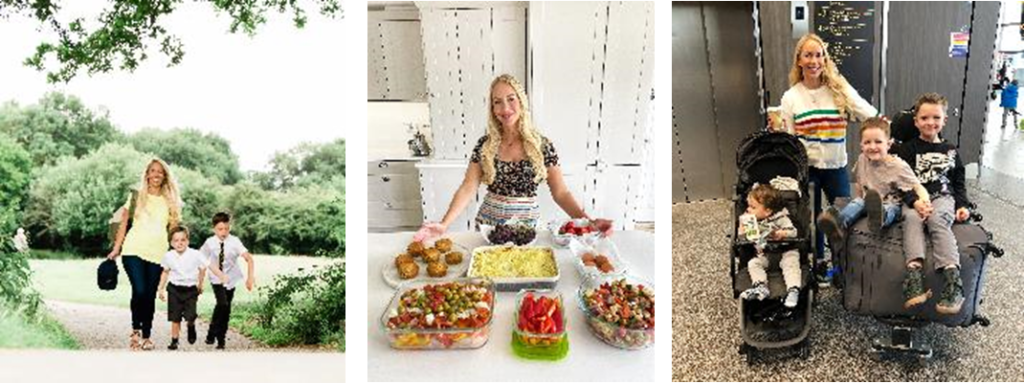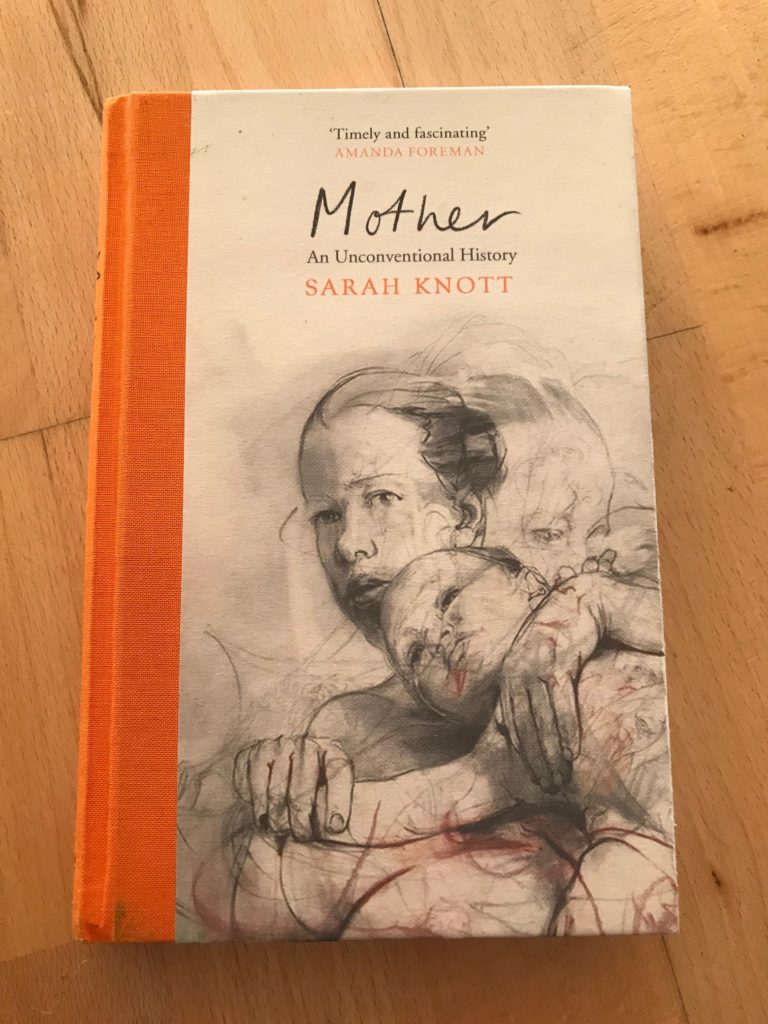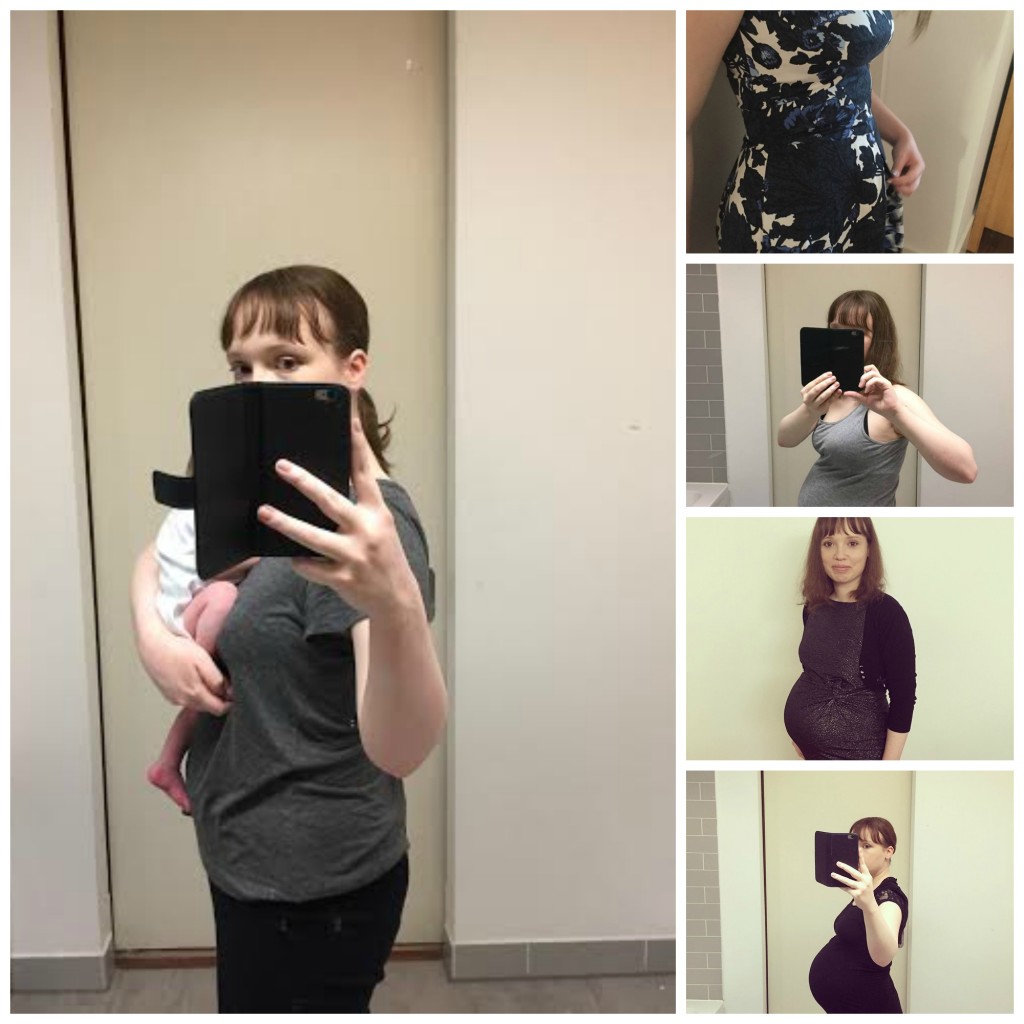* The long-awaited book from the undisputed doyenne of mum-hacks, Emily Norris *
THINGS I WISH I’D KNOWN:
My hacks for a tidy home, happy kids and a calmer you
Things I Wish I’d Known is the go-to guide for easy and original mum hacks and habits. Packed with honest, gimmick-free and relatable advice to create a more harmonious family life from the much-loved influencer with over a million followers, Emily Norris, it’s the ultimate parenting guide.

Like Emily Morris I am a mum-of-three children. It is full-on and a happy chaos. Parenting is joyful and full of the highest of highs, but it is also hard and relentless. Anything that can make your life easier can make a huge difference. Emily Norris’s book is full of absolute gems I will be incorporating into my life. From slow cooker hot chocolate stations to rainy day hacks Emily Norris is a master of the lifestyle hack.
Things I Wish I’d Known is a fantastic resource to elevate your life and make parenting easier. Few people enjoy doing housework and there is plenty in this book to make it easier. The book is broken into sections and is easy-to-read and find whatever gem you loved again. This book is fantastic resource for parents and I can’t recommend it enough.
“Being a parent is hard. It can be boring and lonely and stressful and it’s OK to say that out loud. But I truly believe that even the mundane side of motherhood can actually be rather lovely: there is joy to be found even in the mundane.
My motherhood journey hasn’t always been plain-sailing. I’d gone from being a busy marketing director to just ‘mummy’. I loved being a full-time mum to my boys, but I missed the adult interaction I’d had at work and, as a result, my self-confidence took a knock. One thing I really enjoyed was getting tips and ideas from other mums on YouTube. Picking up simple tricks while juggling the ups and downs of motherhood saved me precious time, energy and money – they even saved my sanity on more than one occasion!
Every single hack and habit I’ve written about has been tried and tested on my own family and I hope make Things I Wish I’d Known the ultimate go-to resource for all things parenting – and I hope helps make your everyday a little easier.” – Emily Norris
Things I Wish I’d Known is separated into five sections. The first four – Home Sweet Home, Food, Glorious Food, Travel & Holidays, School Rules – are split into two parts: one for hacks (a quick, clever, and often fun solution to a parenting problem and something you can implement right away) and another for habits (a longer term, behavioural and routine-based remedy focussed on running your household as efficiently as possible).
· Rainy day remedies including boredom beating activities such as mess-free painting, the painters’ tape assault course and learning ping-pong
· Nifty ways to tackle that housework to-do list, from the ‘one touch method’ to the essential cleaning products you can make at home
· Timesaving culinary tricks you’ll wish you’d known sooner including tips to make mealtimes easy, delicious easy-to-follow recipes for all the family and yummy snack ideas your kids will love
· The must-read guide to managing the school holidays, from how to survive long journeys, beach hacks and the unexpected essentials you’ve got to take with you
· Top hacks for the school routine, including time-saving tips for navigating the dash to the school gates, hassle-free homework and co-ordinating those extra-curricular activities
In the fifth and final section, Emily looks at some of the ‘bigger picture’ issues around parenting, often discussed on her channel, such as sleep, boundary pushing and post-baby relationships with partners.
And sprinkled throughout the pages are Emily’s ‘Moment For You’ ideas to encourage busy mum’s to press pause on everything else and prioritise yourself for a little while.
Emily Norris, mum of 3 and YouTuber, has been creating positive, upbeat and sanity-saving content for mothers with young families around the world since 2014. She has created a space on the internet to support others in navigating the highs and lows of motherhood through sharing her infamous hacks and habits, all designed to create a more harmonious life for any family.
With over a decade of experience Emily has built a community of over a million followers cementing her reputation as a trusted voice within the industry. Emily is an ambassador for industry giants P&G and has partnered with household brands including, Disney, Microsoft, Sky,Dyson, Google, Tesco, EGO, KiwiCo and HelloFresh to name a few. Emily shares her raw and honest take on motherhood and is an advocate for ‘doing your best’ and is regularly praised by the mainstream media for her ‘mind-blowing’ and ‘genius’ hacks.
Emily’s community spirit was the inspiration behind her YouTube series ‘Hack your Home’. Putting her hacks and habits into practice, the series see’s Emily clean and re-organise the homes of those in need of a helping hand. Emily and her husband Matt have recently completed their dream home renovation which they documented across their home account @emilynorrishome.

Things I Wish I’d Known: My hacks for a tidy home, happy kids and a calmer you by Emily Norris will be published on 7 March 2024 (Ebury, Hardback, £16.99)



